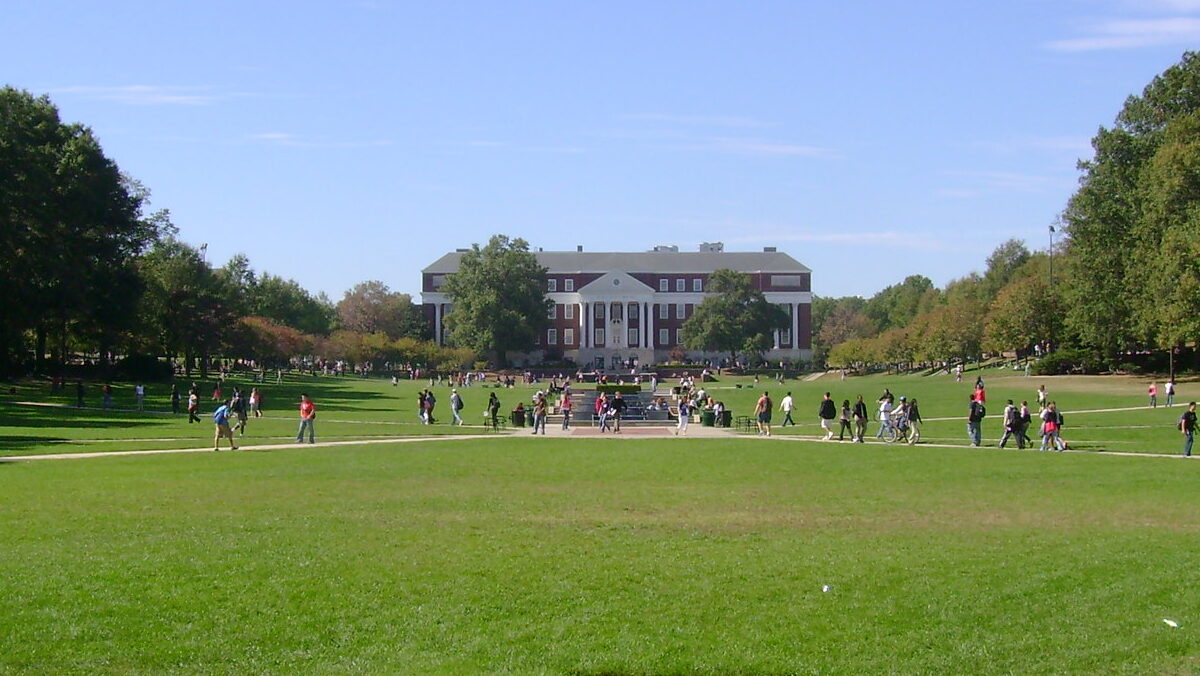On Yom Kippur, the University of Maryland (UMD) Student Government Association (SGA) passed a boycott, sanctions, and divestment resolution against Israel, with a vote of 29-0 and one abstention. The timing of the vote has drawn criticism as it coincided with the holiest day in the Jewish calendar, when observant Jews fast and pray.
Explainer Trump Administration Reassesses Approach to Sanctuary Officials
Jewish students, who represent 20 percent of UMD's student body, were unable to participate in the voting process. The resolution was originally scheduled for a few days earlier on Rosh Hashanah, the Jewish New Year. Only two SGA members supported a motion to delay the vote until after the Jewish holidays.
One SGA member defended the decision, stating that accommodations were made for Jewish students through proxy voting measures. However, critics argue that these measures do not account for the religious practices that prevent observant Jews from using electronics or working during these holidays.
Meirav Solomon, a junior at UMD, expressed concern over the decision, stating, "The timing denied our community the opportunity to engage in a fair and meaningful discussion. This decision adds to the growing sense that Jewish students are not safe or heard on campus. SGA is meant to represent the entire student body, and that means ensuring that every community has a voice in decisions that impact them."
The Trump administration has initiated Title VI investigations into various universities, including Harvard and Columbia, regarding campus antisemitism. Observers suggest that the treatment of Jewish students at UMD may warrant similar scrutiny.
Campus Climate and Antisemitism
During the SGA meeting, comments made by some members have been described as extreme and hostile towards Jewish students. One student, Abel Amene, stated, "Zionists have no problem doing the evil work of genocide on the high holiday," prompting further backlash from the Jewish community.
Leo Terrell, chairman of the Justice Department’s Task Force to Combat Antisemitism, criticized the timing of the vote, suggesting it was an intentional act to force Jewish students to choose between their religious observance and their identity. He called the actions of the SGA "shameful and unacceptable."
In response to the resolution, a coalition of 18 Jewish organizations on campus announced they would not attend future SGA meetings, stating they do not wish to legitimize what they view as a one-sided and antisemitic agenda.
UMD has indicated that the resolution will not influence its policies, leading Jewish organizations to label the actions of the SGA as "purely symbolic" and aimed at increasing polarization on campus. A report by the American Jewish Committee in February 2025 found that nearly half of Jewish college students in the U.S. reported feeling uncomfortable or unsafe at campus events due to their Jewish identity.
Neeraja Deshpande is a policy analyst at Independent Women.
Why it matters
- The UMD SGA's resolution against Israel passed on Yom Kippur, raising concerns about insensitivity towards Jewish students during a significant religious observance.
- The timing of the vote, coinciding with Jewish holidays, has sparked criticism and highlighted ongoing tensions regarding campus antisemitism.
- Jewish students, who make up 20% of UMD's population, were largely excluded from the voting process, raising questions about representation and inclusivity.
What’s next
- A coalition of 18 Jewish organizations plans to boycott future SGA meetings in protest of the resolution.
- The Trump administration's Title VI investigations into campus antisemitism may extend to UMD following this incident.
- UMD's SGA may face increased scrutiny and calls for accountability regarding its treatment of Jewish students.
